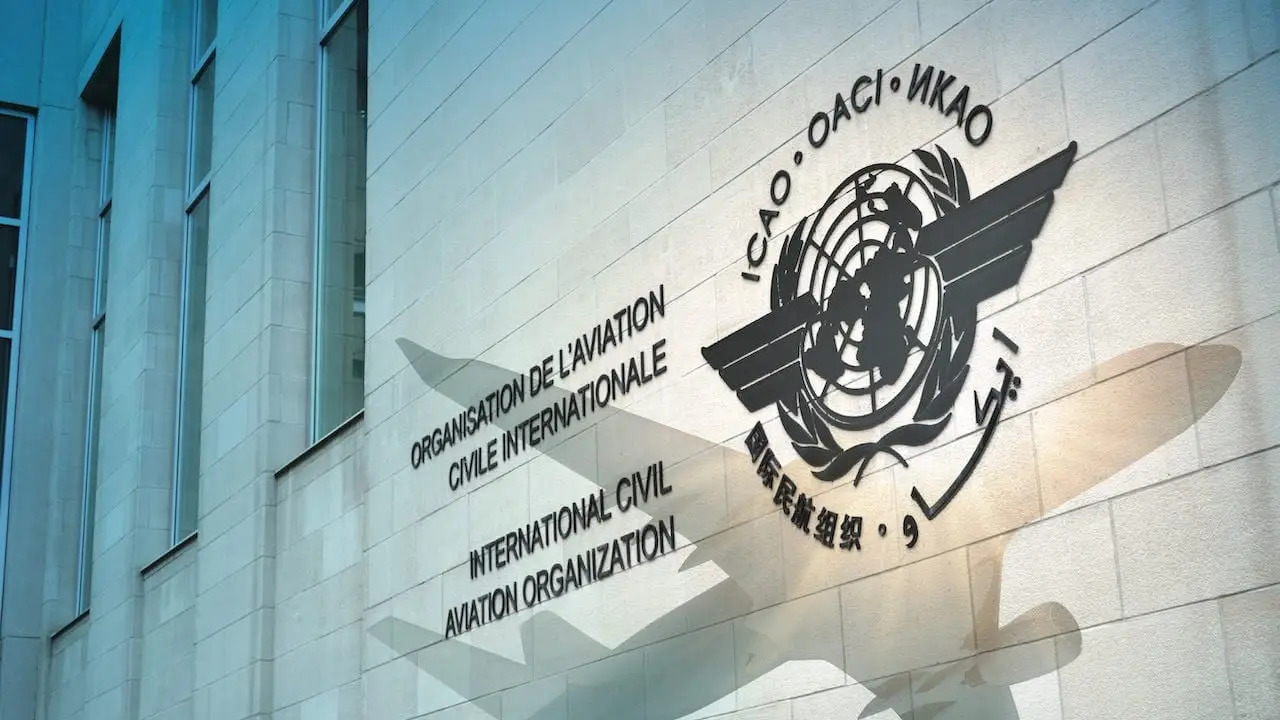
Ever wondered how international flights maintain safety and efficiency? The answer lies in ICAO standards. The International Civil Aviation Organization (ICAO) sets global rules for aviation safety, security, efficiency, and environmental protection. These standards ensure that planes from different countries can operate smoothly together. Without them, air travel would be chaotic and unsafe. From pilot training to airport design, ICAO's guidelines cover every aspect of aviation. Curious about the specifics? We'll dive into 21 fascinating facts about these crucial standards, shedding light on how they keep the skies safe and the planes flying on time. Buckle up for an informative journey!
What is ICAO?
The International Civil Aviation Organization (ICAO) sets global standards for aviation safety, security, efficiency, and environmental protection. These standards ensure that air travel remains safe and reliable worldwide. Here are some fascinating facts about ICAO standards.
-
ICAO was established in 1944 to promote safe and orderly development of international civil aviation.
-
The organization has 193 member countries, making it a truly global entity.
-
ICAO's headquarters are located in Montreal, Canada.
-
The Chicago Convention, signed in 1944, is the founding document of ICAO.
Safety Standards
Safety is a top priority in aviation. ICAO's standards help maintain high levels of safety in the skies.
-
ICAO sets standards for aircraft design, ensuring they meet stringent safety requirements.
-
Pilot training programs must adhere to ICAO standards to ensure competency and safety.
-
Air traffic control procedures are standardized by ICAO to prevent accidents and collisions.
-
ICAO requires regular safety audits of airlines and airports.
Security Measures
Aviation security is crucial to protect passengers, crew, and aircraft from threats. ICAO standards play a key role in this area.
-
ICAO developed the first international aviation security standards in response to hijackings in the 1970s.
-
Member states must implement security measures for passengers, baggage, and cargo.
-
ICAO's standards include requirements for airport security personnel training.
-
The organization also sets guidelines for handling unruly passengers.
Environmental Protection
ICAO is committed to reducing the environmental impact of aviation. Their standards help minimize pollution and promote sustainability.
-
ICAO has established standards for aircraft engine emissions to reduce air pollution.
-
The organization promotes the use of sustainable aviation fuels.
-
Noise pollution standards are set by ICAO to protect communities near airports.
-
ICAO's Carbon Offsetting and Reduction Scheme for International Aviation (CORSIA) aims to achieve carbon-neutral growth.
Efficiency and Navigation
Efficient air travel is essential for economic growth and convenience. ICAO standards ensure smooth and efficient operations.
-
ICAO sets standards for air navigation systems to improve flight efficiency.
-
The organization promotes the use of satellite-based navigation systems.
-
ICAO's standards help reduce flight delays and improve on-time performance.
-
Airspace management procedures are standardized by ICAO to optimize air traffic flow.
Global Cooperation
ICAO fosters international cooperation to address global aviation challenges.
- Member states collaborate through ICAO to share best practices and improve aviation standards worldwide.
Final Thoughts on ICAO Standards
ICAO standards play a vital role in ensuring global aviation safety. They set the benchmark for aircraft operations, pilot training, and airport security. Without these guidelines, the aviation industry would face chaos and inconsistency. Countries worldwide adhere to these standards to maintain uniformity and efficiency in air travel. This not only enhances safety but also boosts passenger confidence.
Understanding these standards helps us appreciate the complexity and coordination required to keep the skies safe. Next time you board a plane, remember the extensive work behind the scenes to ensure your journey is smooth and secure. ICAO standards are more than just rules; they're the backbone of modern aviation.
Thanks for sticking around. Safe travels!
Was this page helpful?
Our commitment to delivering trustworthy and engaging content is at the heart of what we do. Each fact on our site is contributed by real users like you, bringing a wealth of diverse insights and information. To ensure the highest standards of accuracy and reliability, our dedicated editors meticulously review each submission. This process guarantees that the facts we share are not only fascinating but also credible. Trust in our commitment to quality and authenticity as you explore and learn with us.


